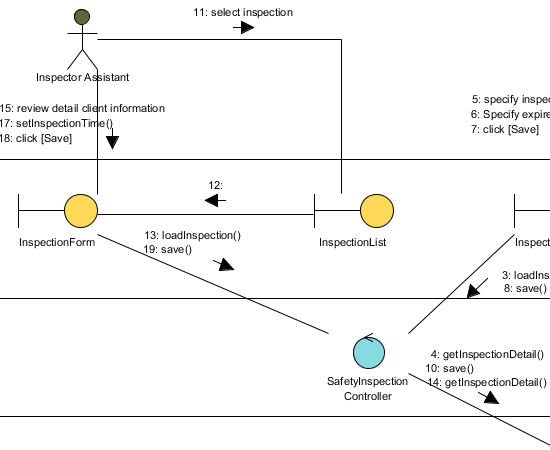

The new mental health strategy for Peel’s police service also includes the integration of a crisis worker into the 911 call centre, as well as exploring a model for non-emergency mental health call response by nonpolice units.

Apprehension rates for mental health calls have dropped to roughly 20 per cent of previous numbers as a result of this. Peel Regional Police is investing in crisis intervention training, in which police officers are trained to identify an incident involving mental illness, use proper de-escalation tactics and prioritize mental health intervention - rather than make arrests. Due to funding and legislative restrictions, however, most calls are still handled by officers without the assistance of a mental health expert. The MCRRT team has responded to slightly more than 2,000 mental health calls in 2020. In Peel, we have Mobile Crisis Rapid Response Teams (MCRRT), made up of a police officer and a crisis worker who respond to priority mental health calls together in order to assess and de-escalate the situation, and secure the safety of the person experiencing a mental health crisis. Many police services across North America are experimenting with new approaches. It includes the criminal justice, correctional, health, and social services systems. Reforming our mental health and addictions strategy is a cross-government and cross-sector responsibility.

It’s time to reimagine our mental health paradigm in ways that go beyond policing. Vicky Stergiopoulos, physician-in-chief at the Center for Addiction and Mental Health (CAMH), says police should not be the “de facto mental health crises responders.”

This equates to more than 45,000 hours - by far the most police hours spent on any one category of calls for service.īut reform has been demanded by professionals and activists alike. Peel Regional Police officers responded to nearly 6,000 calls in 2020 to provide assistance to individuals experiencing mental health crises. In particular, the sheer number of mental health calls that I overheard on the radio took me completely by surprise. Riding along with front-line police officers in Peel Region has provided me with valuable perspective as a member of the Peel Police Services Board.


 0 kommentar(er)
0 kommentar(er)
